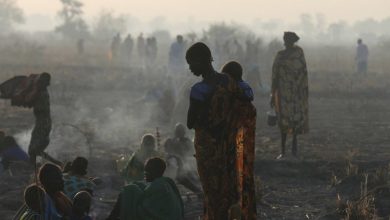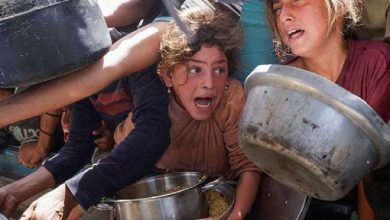Balaben Shutdown Sparks Outrage in Egypt
The sudden closure of a major dairy chain raises questions about legal transparency, investment climate, and monopolistic control in Egypt’s economy.
Watan-Egypt has been witnessing widespread controversy in recent days following the sudden and total shutdown of the popular “Balaben” chain, a decision that has sparked intense public debate over the lack of legal transparency and the overall investment climate in the country. While official bodies claimed the closure was due to health concerns — specifically the use of pathogenic bacteria and banned coloring agents — observers described the move as a systematic liquidation to serve powerful interests.
Balaben, which operates 110 branches and employs around 25,000 workers, appealed to authorities and issued pleas through its official social media pages. A glimmer of hope appeared with a direct intervention from Abdel Fattah El-Sisi, who called for an emergency meeting. However, many consider the intervention too late, especially after the move stirred public outrage on social media — particularly as it coincided with the emergence of a new brand named “Halib” (Milk), which is widely believed to be owned by a sovereign entity.

The Price of Not Belonging
Journalists like Jamal Sultan described the situation as a reflection of the absence of the rule of law, where a group of “Mamluks” close to the regime controls key economic decisions and eliminates any successful business that doesn’t orbit within their influence — or that they don’t outright own. Some have labeled the regime a “private estate state,” where justice and fair competition have no place, and where affairs are run through phone calls and opaque decisions.
The Balaben crisis, despite its seemingly economic nature, sheds light on an environment that is hostile to domestic investment. It reveals the true face of a system driven by monopolistic motives, seeking to swallow or eliminate the independent private sector.
In the end, one question remains: Was the Balaben crisis merely a health issue — or a clear example of how the state exerts family-style control over the economy?






